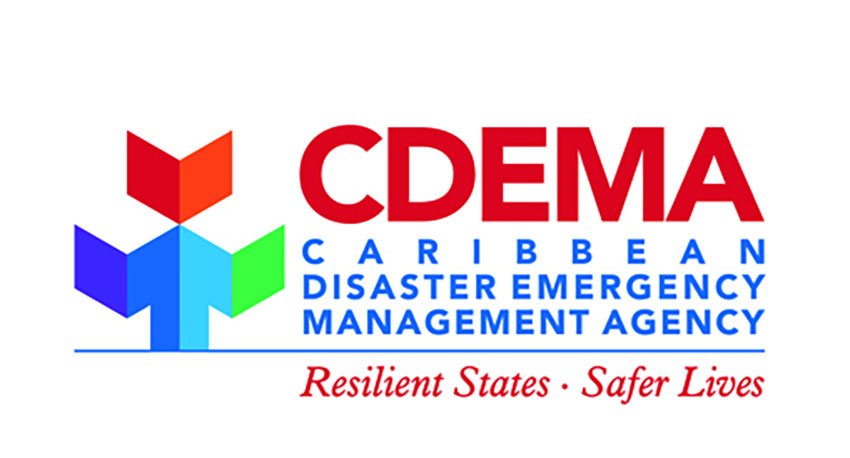While the economically sturdier countries of the Caribbean are on the way to putting behind them the worst excesses of Hurricane Beryl, reports from the smaller more economically vulnerable countries in the eastern Caribbean point to what continues to be a survival-linked struggle in which basic requisites, including food are still, in some instances, difficult to come by.
Earlier this week the Stabroek Business secured access to ‘Situation Report No. Four,’ an assessment of conditions in the Eastern Caribbean a week after Beryl had done the vast majority of her physical damage and what one might call the MDC’s of the region (Jamaica and Trinidad and Tobago come to mind) were well on the way to addressing the worst excesses of the hurricane’s rampage. The available evidence suggests, however, that Beryl’s unsightly footprint was likely to linger across the fragile, less developed jurisdictions for more than a little while longer.
Late last week the United Nations Office for the Coordination of Humanitarian Affairs (UNOCHA) in one of its Situation Reports (covering the period July 15-19) was furnishing the grim details of what still remains a survival-linked post-hurricane struggle in Grenada and Saint Vincent and the Grenadines. The report is blunt in its assertion that “in both countries… significant agricultural losses will reduce food availability, leading to potential food shortages and increased prices. The food import bill will also be affected as the need for fresh vegetables, fruits and staple crops grows.”
Grenada and St. Vincent and the Grenadines have also been benefitting from targeted responses from private sector bodies in Guyana. Here, it seems, is a likely thinly veiled message from the UN that, going forward, other countries in the region, particularly Guyana, are likely to continue to play an important role in ‘nursing’ the weaker, affected CARICOM member states back to health.
At the end of last week, the UNOCHA convened a UN Member State media briefing that embraced representatives from Grenada and Saint Vincent and the Grenadines and the Executive Director for the Caribbean Disaster Emergency Management Agency (CDEMA) and the UN Resident Coordinator for Barbados and the Eastern Caribbean while USAID, along with “multiple international partners”, have allocated financial and material support as part of the response effort.
Here in the region, Massy Distribution (Guyana) Inc. and Nestlé Anglo-Dutch Caribbean have been named in the Stabroek News, along with the local Private Sector Commission and the Civil Defence Commission as having provided “four 40ft containers of food supplies to Grenada and St. Vincent and the Grenadines” to support in the relief efforts.








